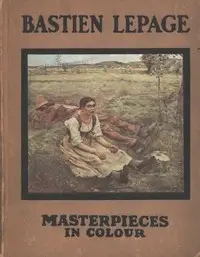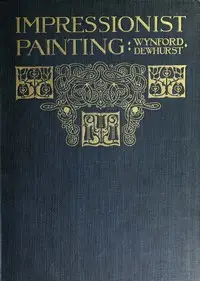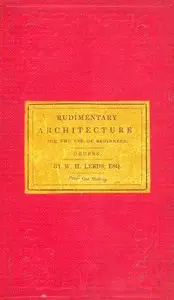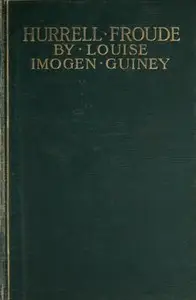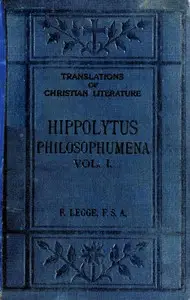"The Grand Inquisitor" by Fyodor Dostoyevsky is a philosophical narrative extracted from the larger work, "The Brothers Karamazov," written in the late 19th century. This thought-provoking piece can be classified as a religious and philosophical allegory that critiques organized religion, particularly Roman Catholicism, and explores the themes of freedom, faith, and human nature. Set during the Spanish Inquisition, it poses profound questions about morality, authority, and the essence of belief in the face of suffering. The story unfolds in a dramatic dialogue between the Grand Inquisitor, a powerful figure in the Church, and Jesus, who has returned to earth during a time of oppression and persecution. The Inquisitor condemns Jesus for the burden of freedom He offered humanity, which he believes leads to chaos and suffering. He argues that people prefer to relinquish their freedom for the sake of comfort and guidance provided by authority figures like himself. The narrative culminates in a powerful moment when Jesus responds not with words, but with a silent act of love, leaving the Inquisitor torn between his beliefs and the truth embodied in Christ. This intense exchange highlights the tension between faith and reason, individual freedom and the desire for security, making "The Grand Inquisitor" a timeless exploration of the human condition. (This is an automatically generated summary.)

The Grand Inquisitor
By Fyodor Dostoyevsky
"The Grand Inquisitor" by Fyodor Dostoyevsky is a philosophical narrative extracted from the larger work, "The Brothers Karamazov," written in the lat...
Fyodor Mikhailovich Dostoevsky, sometimes transliterated as Dostoyevsky, was a Russian novelist, short story writer, essayist and journalist. Numerous literary critics regard him as one of the greatest novelists in all of world literature, as many of his works are considered highly influential masterpieces. Dostoevsky's literary works explore the human condition in the troubled political, social, and spiritual atmospheres of 19th-century Russia, and engage with a variety of philosophical and religious themes. His most acclaimed novels include Crime and Punishment (1866), The Idiot (1869), Demons (1872), The Adolescent (1875), and The Brothers Karamazov (1880). His 1864 novella Notes from Underground is considered to be one of the first works of existentialist literature.







